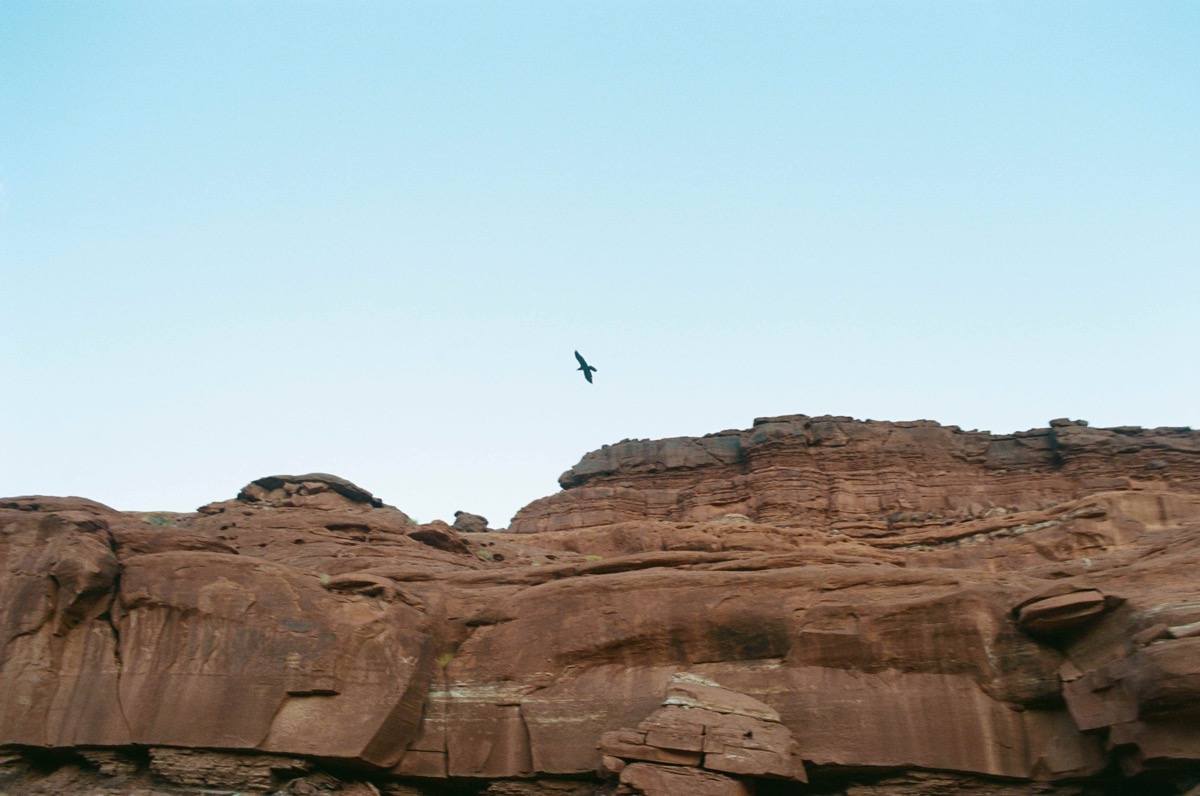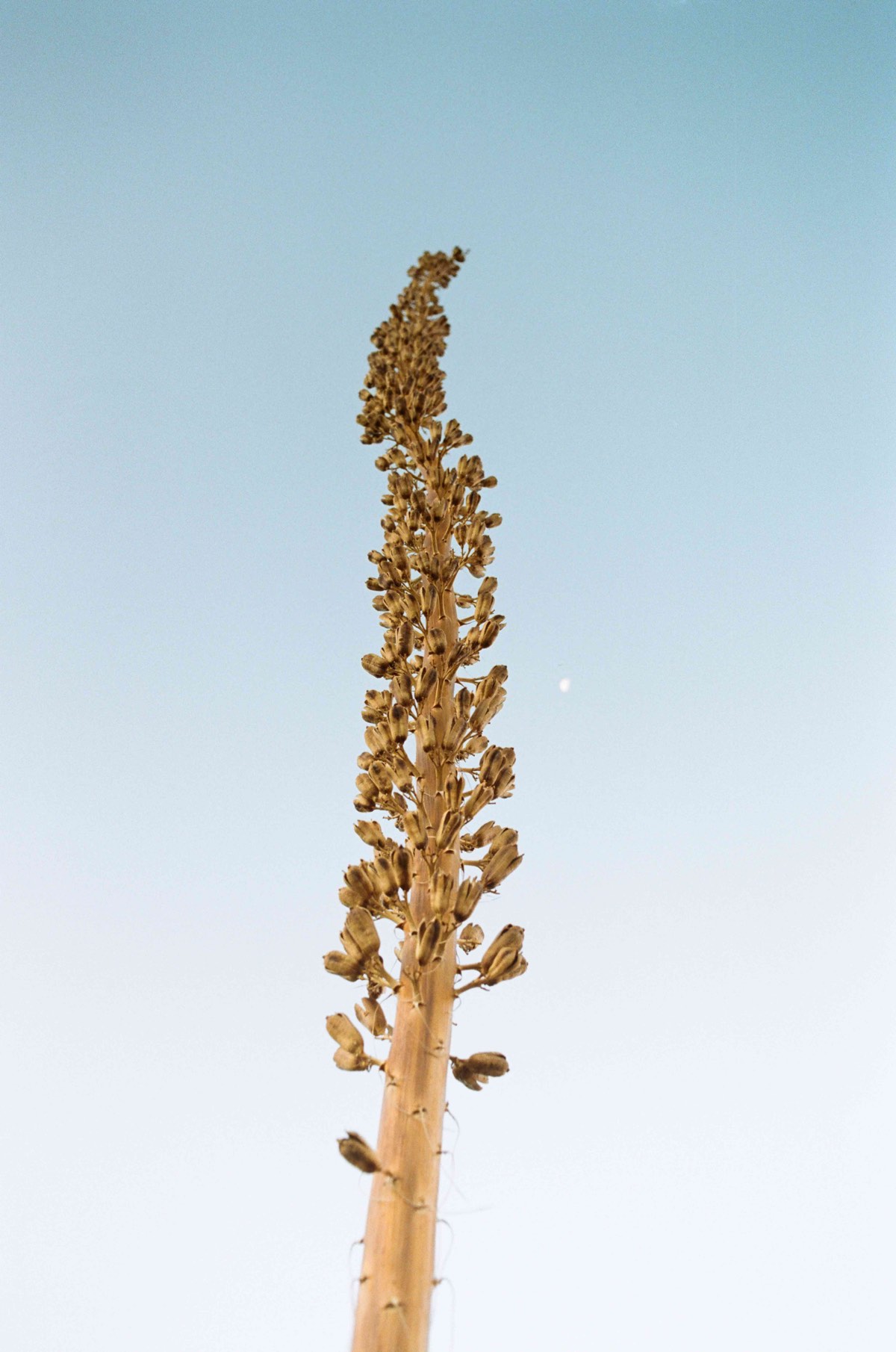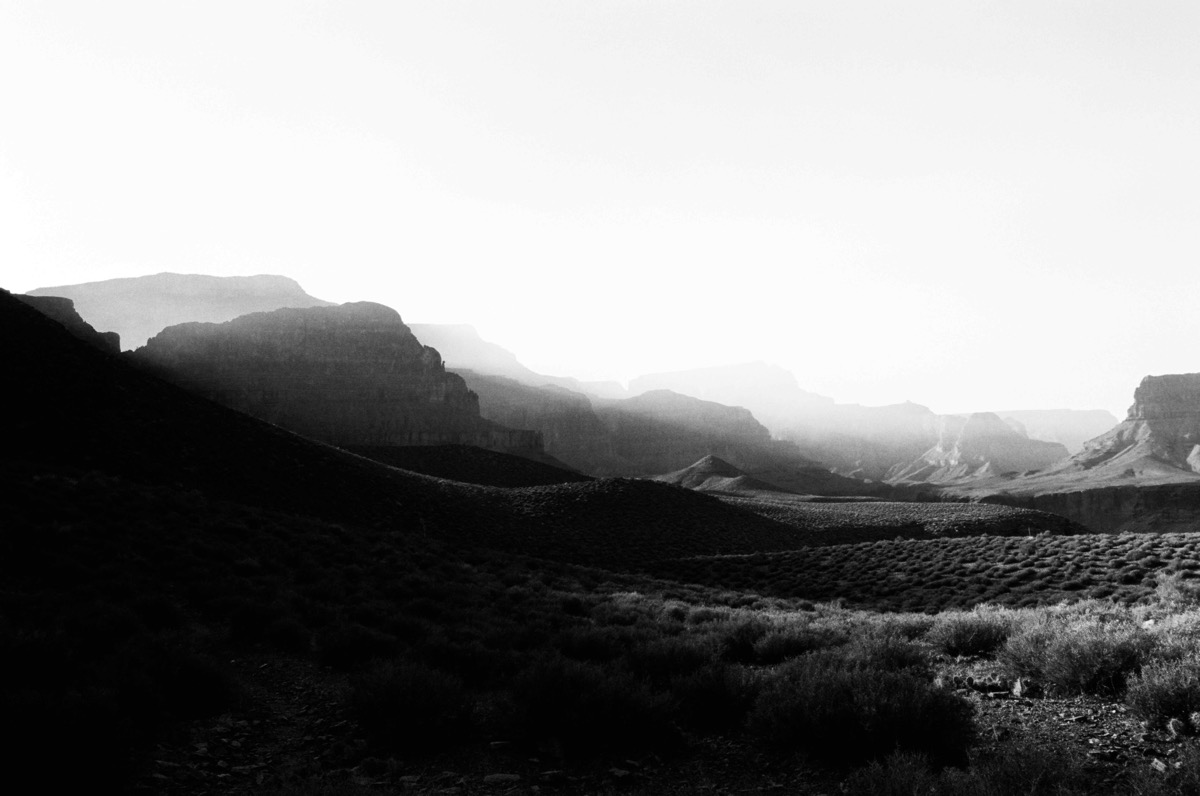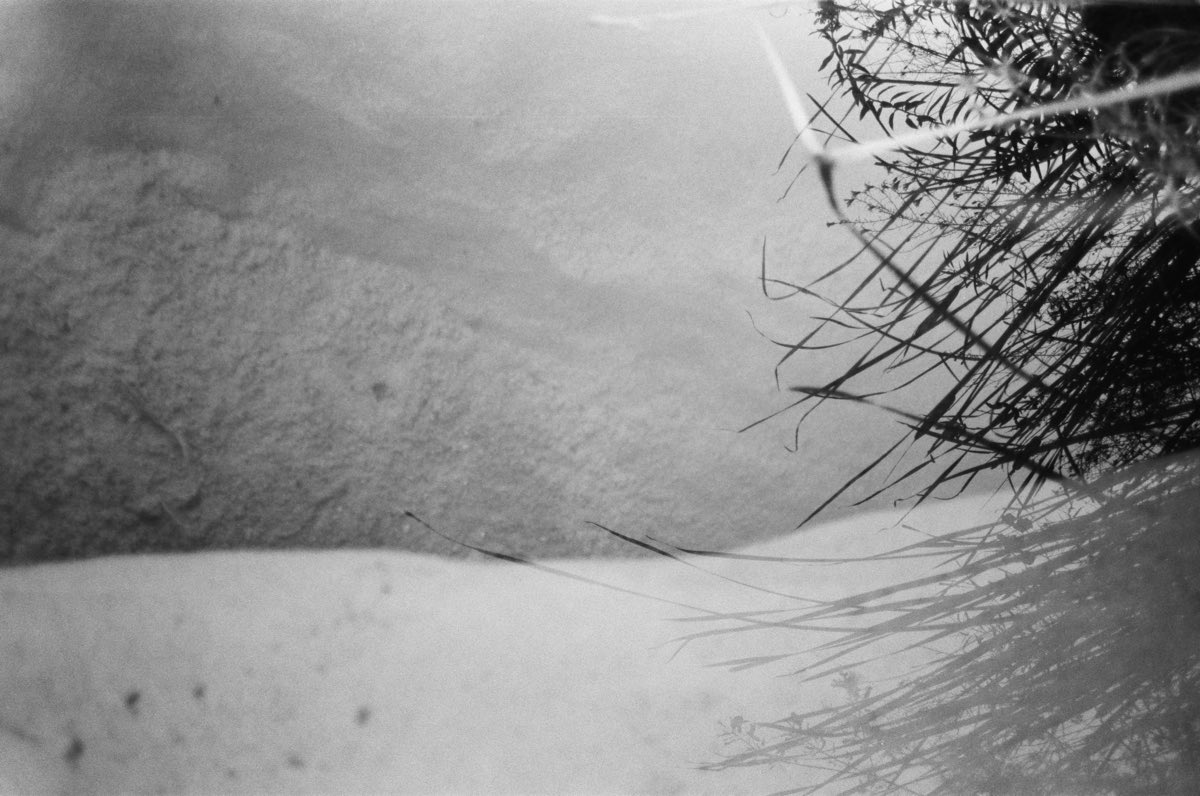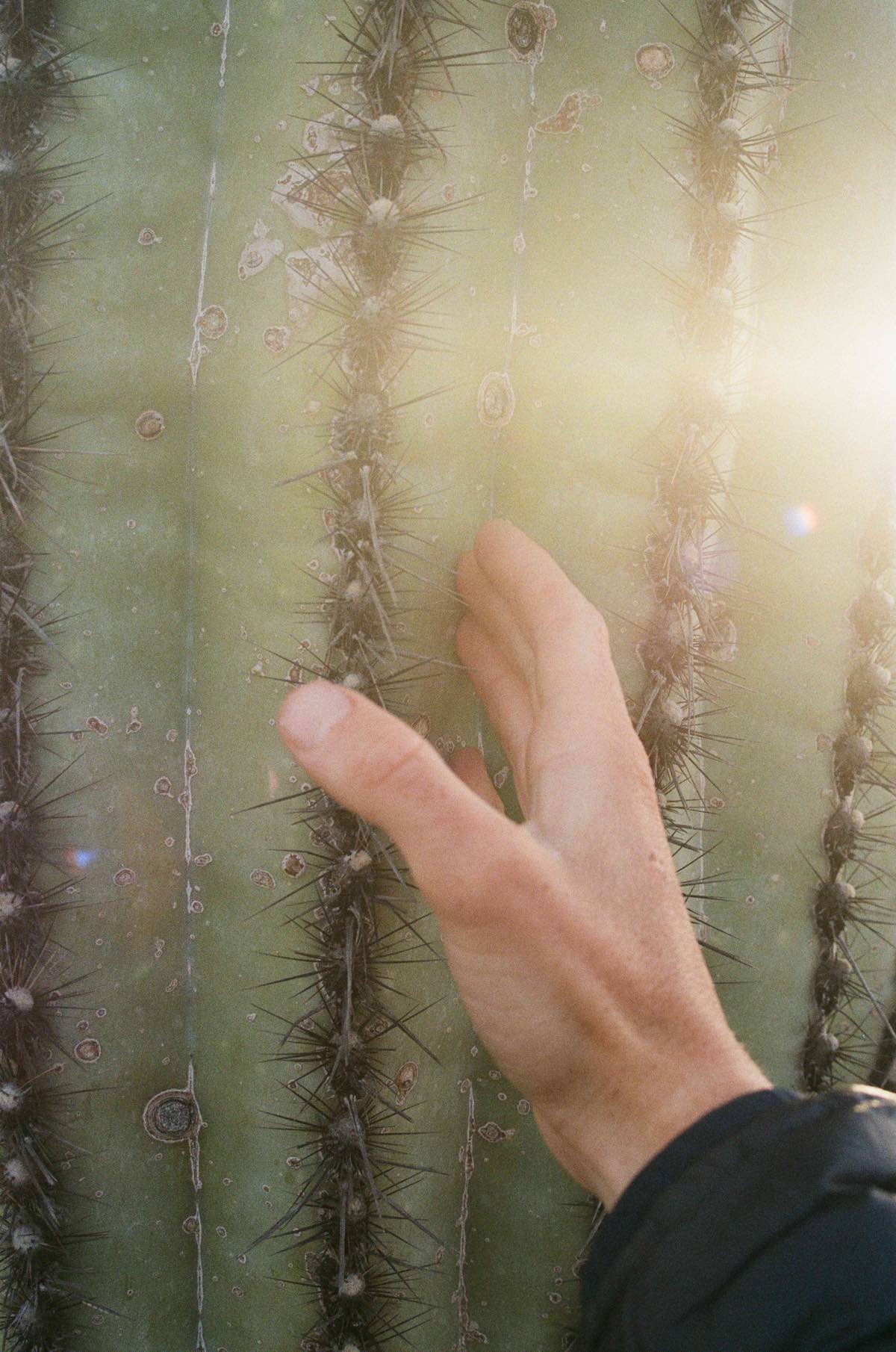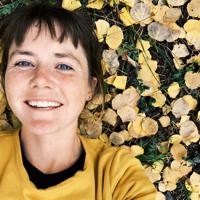“Follow your bliss and don’t be afraid and doors will open where you didn’t know they were going to be,” said religion and mythology professor Joseph Campbell in The Power of Myth, a 1988 extended interview between him and PBS journalist Bill Moyers.
I often think about this when I lace up my shoes and go out the door… following my bliss. Being outside is bliss to me. I don’t just want to get outside, I have to get outside. I’d reckon to say we all feel better after we’ve had some fresh air. Our stresses are put into perspective by moving within nature.
The sweet smell of the towering ponderosas overhead. Or maybe the crashing of the ocean waves. Or the top of a mountain, where the earth curves out of sight along the horizon. Nature humbles us and makes us feel small and quiet.
In middle school I started running a lot on my own, at about the same time my mom started drinking a lot. Author and runner Bernd Heinrich in his book Why We Run stated, “Monarch butterflies are long-distance travelers. It is in their makeup. It is their way of coping.” Running was my way to work through something I didn’t understand. Years later, I wonder, if I had had a little more time, could I have shown my mom just how important being outside to me is? Maybe I could have saved her, or maybe being outside more could have saved her. Addiction is powerful, but I think nature is even more powerful. It has the ability to enlighten us and let us be who we are and where we are at any given moment.
When I thru-hiked Continental Divide Trail, I became friends with Pegasus (that’s a trail name), who is a strong practitioner of Vipassana meditation. Vipassana means ‘insight.’ It is a deep, meditative practice (often taught in 10-day courses) focusing on the mind-body connection. After losing her mother, Pegasus said her teachers kept repeating the word anicca to her, which means impermanence. It along with dukkha (unsatisfactoriness and suffering) and anatta (non-self) are the three pillars of existence in Buddhism. I began thinking about this in relation to how I live—spending a lot of time outside serves for me a similar purpose as Vipassana. I am forced to mine all the dark spots of my mind, but let them go so I can focus on where I am and what I am doing.
I’m sure all of us have been asked what we think about when we’re running. My answer is often nothing. Literally my mind goes blank. Thoughts drift in but they usually just float through as I gaze ahead. Other times I have to work hard to get past a thought that’s clinging to me. Eventually though, the sounds of my breath and footfalls create a cathartic rhythm and my worries melt into the creek I run beside.
“All I do is keep on running in my own cozy, homemade void, my own nostalgic silence. And this is a pretty wonderful thing. No matter what anybody else says,” says famed fictional writer Haruki Murakami in his memoir, What I Talk About When I Talk About Running.
Running, and now backpacking for me, is a solitary sport. You don’t need a partner and it requires no extra mechanical parts that need maintenance. I also often get asked, “Alone?”
“Why yes,” I say. “You can be more lonely in a room full of people than out alone in the middle of nowhere.” Being alone in the wild is also my deep, meditative practice that both my mind and body need.
Nature, I’ve said, is my best friend. I’ve never quite understood the verbiage when talking about ‘conquering’ nature. I think this mentality is largely what has led to the current environmental crisis of climate change. Instead of living with nature, humans are always looking to dominate it, but the real catch-22 here is that the earth will be here while we’re the ones who will suffer the consequences of our actions.
This is largely why I’ve developed a fondness for multi-day adventures. I am living as simply as possible in a time where it is difficult to even listen to the news on the radio. All I need fits in my backpack and my constant concern, as old as life itself, is finding water. In the desert you look for cottonwood trees, their bright green leaves often signaling that water is near or at least dwelling deep around the roots. Better yet, the sound of birds and the buzzing of bees. Such songs usually mean surface water and you become quite attuned to them when they are a sound of necessity.
Brothers and environmentalists Terry and Renny Russell poetically shared their insights gleaned from the natural world in their nonfiction book On the Loose (originally published in 1967 and well worth scouring your local used bookshops for):
“So why do we do it?
What good is it?
Does it teach you anything?
Like determination? invention? improvisation?
Foresight? hindsight?
Love?
Art? music? religion?
Strength or patience or accuracy or
quickness or tolerance or
Which wood will burn and how long
is a day and how far is a mile
And how delicious is water and smoky
green pea soup?
And how to rely
On your
Self?”
Call for Comments (from Meghan)
- What does it mean for you to follow your bliss?
- And what exactly makes you feel blissful?
